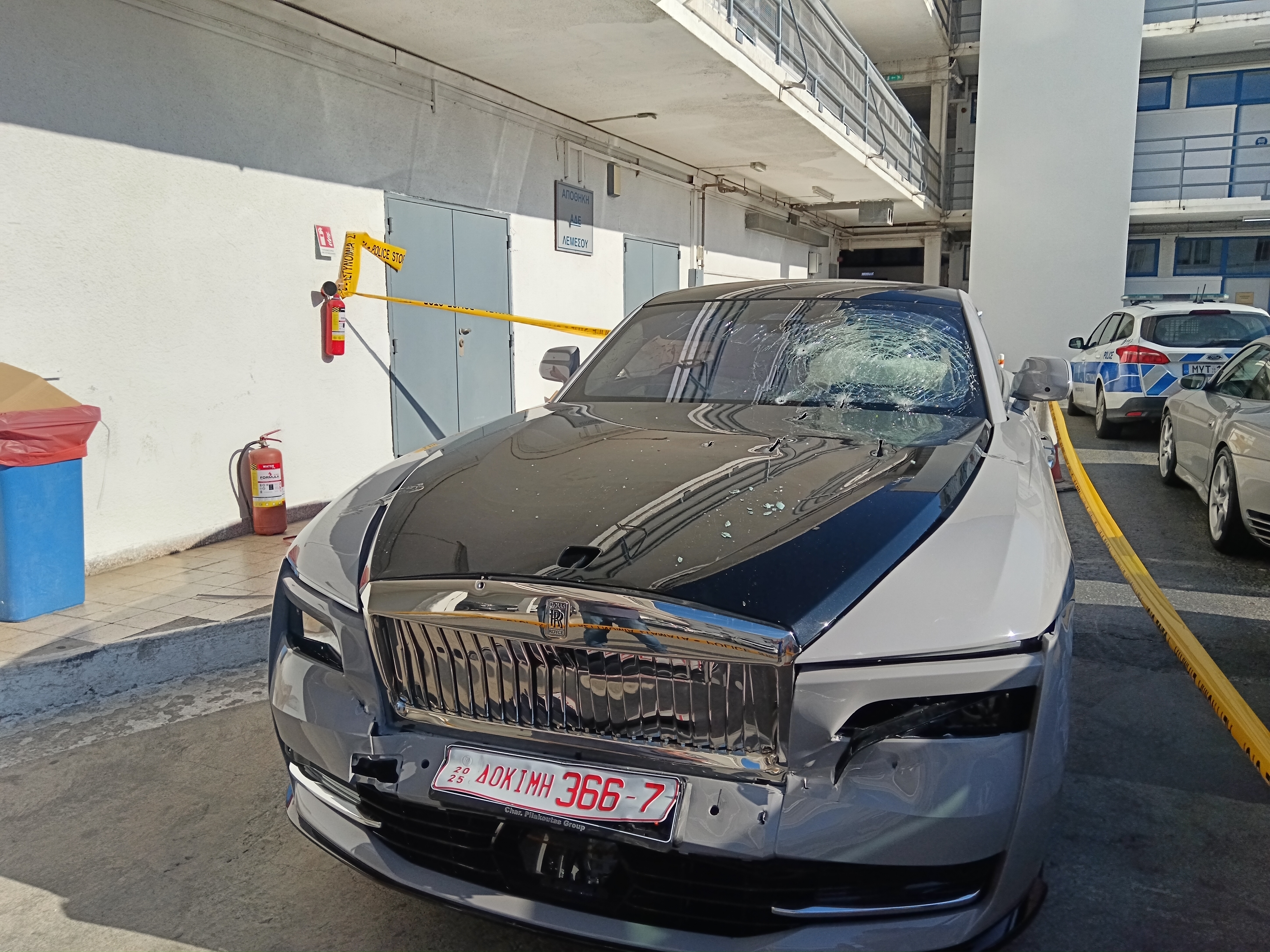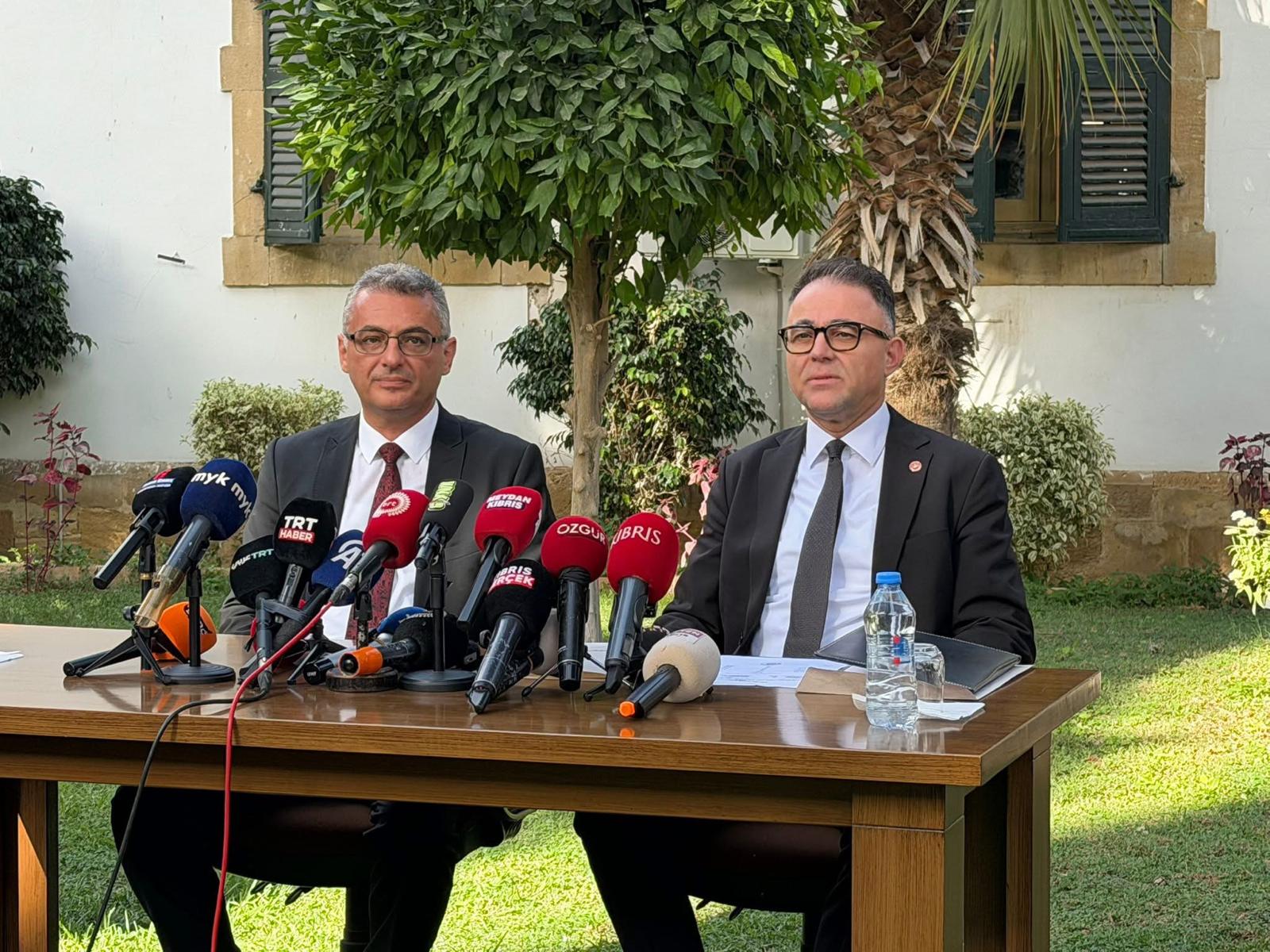Can Erhürman bring change?
Source: in-cyprus.com
Tufan Erhürman’s landslide victory in yesterday’s elections in the occupied territories isn’t merely an internal political upset. It’s a thunderous political statement from the Turkish Cypriot community itself. A clear rejection of the politics of division and the permanent partition of the island.
With their ballot papers, Turkish Cypriots have turned their backs on the “two-state solution” relentlessly pushed by outgoing leader and Ankara’s favoured son, Ersin Tatar. They’ve sent an unmistakable message supporting renewed negotiations to resolve the Cyprus problem based on a bizonal, bicommunal federation.
Erhürman is no political confection thrown together for the moment. He didn’t emerge to fill a vacuum or serve some convenient political balancing act.
His presence on the political stage in the occupied territories isn’t accidental, nor was his candidacy imposed from above. Rather, it stems from a deeper political vision.
Here’s a politician with a coherent worldview and consistent track record, with European sensibilities and an unwavering commitment to reconciliation and peaceful coexistence between the two communities. Above all, he’s a politician with a past, present and a burning ambition for the future.
Throughout his campaign, he spoke with moderate yet crystal-clear language: condemning attempts to drift away from the solution framework agreed upon for decades and emphasising the urgent need to restart negotiations within the parameters of UN resolutions. He has defined himself as a leader who invests in dialogue rather than conflict.
This shift inevitably brings fresh dynamics to the Cyprus problem. Erhürman’s election, beyond its obvious internal significance for the Turkish Cypriot community, carries enormous diplomatic weight.
The international community – particularly the UN and the European Union – has long sought a credible voice within the Turkish Cypriot community who could bring dialogue back to realistic and sustainable foundations. Erhürman’s presence now offers that hope.
Yet despite the optimism reasonably generated by this change in leadership and political direction, a brutal question remains: does anything genuinely change in the politics of the occupied territories, or does Ankara ultimately still call the shots?
History has taught us that, regardless of Turkish Cypriot sentiments and choices, the Turkish government retains the decisive say in developments in the occupied northern part of Cyprus.
Erhürman, therefore, must navigate a suffocating tightrope: on one hand, honouring the Turkish Cypriot society’s mandate for a more conciliatory and European approach to the Cyprus problem, while on the other, avoiding a head-on collision with Ankara, upon which the pseudo-state depends economically, politically, and militarily.
The question isn’t whether he has the will for changing course – he seems to have proven that. The critical question is whether Turkey will allow him to make substantive moves.
At this crucial crossroads, the Greek Cypriot side is also called to engage in its own self-criticism and prepare for a new round of talks with greater realism, flexibility, and political courage.
The leadership change in the occupied territories doesn’t by itself guarantee progress on the Cyprus problem. It does, however, create a rare opportunity for a restart. If not seized, the responsibility will weigh equally on both sides.
The road ahead is long and treacherous, but Erhürman’s victory offers a glimmer of hope amid the political darkness that has shrouded the Cyprus problem in recent years. The question now is whether there’s political courage on both sides to transform this hope into action.
The original article: belongs to in-cyprus.com .



